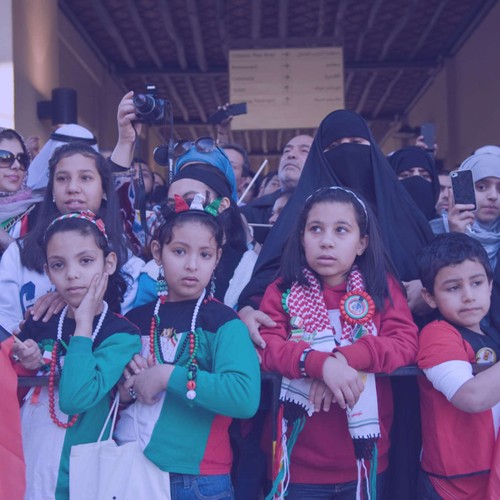
 English Learning for Curious Minds | A More Interesting Way To Learn English
English Learning for Curious Minds | A More Interesting Way To Learn English #506 | Citizens of Nowhere: The Stateless Bidoon of Kuwait
Sep 26, 2024
Discover the plight of the Bidoon, a stateless group in Kuwait, struggling for recognition and citizenship. Learn about their nomadic lifestyle and the historical context shaping their current situation. Explore the contrasting citizenship policies between Kuwait and other nations like Ireland. The podcast also addresses the socio-economic challenges faced by the Bidoon, their marginalization in society, and the global pressure on Kuwait for reform. What does the future hold for these citizens of nowhere?
Chapters
Transcript
Episode notes
